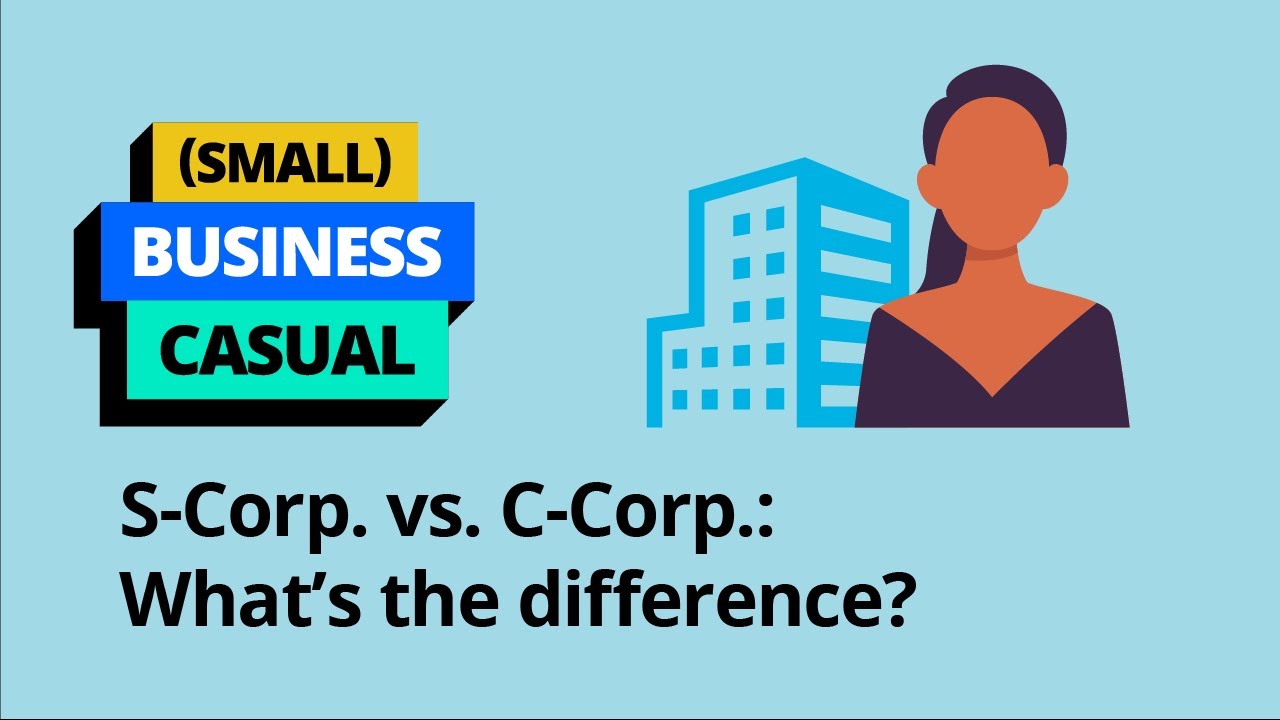The Benefits of C Corp – Outranking the Competition
In this article, we will explore the numerous benefits of forming a C Corporation (C Corp) and how it can provide significant advantages for businesses. By understanding the unique features and advantages of a C Corp, you can make an informed decision about the most suitable business structure for your organization.
Enhanced Liability Protection
One of the primary benefits of a C Corp is the enhanced liability protection it offers to its shareholders. Unlike sole proprietorships and partnerships, where personal assets are at risk, a C Corp provides a separate legal entity, shielding personal assets from business liabilities. This means that shareholders’ personal properties, such as homes or vehicles, are generally not at risk if the corporation faces financial difficulties or legal claims.
Unlimited Growth Potential
A C Corp structure allows for unlimited growth potential, making it an ideal choice for businesses with ambitious expansion plans. Unlike other business structures, a C Corp can issue different classes of stock, making it easier to attract investors and raise capital. Additionally, a C Corp can have an unlimited number of shareholders, allowing for broader ownership and more investment opportunities.
Tax Advantages
While taxes can be complex, a C Corp offers several tax advantages that can benefit businesses. Unlike other structures, a C Corp allows for potential tax deductions on employee benefits, such as health insurance and retirement plans. Additionally, C Corps can often deduct business expenses, reducing the overall tax liability. It’s important to consult with a tax professional to fully understand the specific tax benefits and obligations associated with a C Corp.
Separate Legal Entity
A C Corp is a separate legal entity, distinct from its owners. This means that the corporation can enter into contracts, acquire assets, and engage in legal disputes in its name. This separation provides credibility and can enhance the company’s reputation, making it easier to establish strong business relationships and secure financing.
Perpetual Existence
Unlike other business structures that are dependent on the lifespan of their owners, a C Corp has perpetual existence. This means that the corporation can continue to operate even if the original shareholders sell their shares or leave the company. This stability and continuity are attractive to investors, employees, and potential partners.
Employee Benefits
A C Corp can offer a wide range of employee benefits, including health insurance, retirement plans, stock options, and more. These benefits can help attract and retain top talent, providing a competitive advantage in the job market. By offering comprehensive employee benefits, a C Corp can foster a positive work environment and increase employee loyalty.

In conclusion, forming a C Corporation (C Corp) can provide numerous benefits for businesses. From enhanced liability protection and unlimited growth potential to tax advantages and the ability to offer attractive employee benefits, a C Corp offers a solid foundation for long-term success. By understanding the advantages of a C Corp and leveraging its unique features, you can position your business for growth, stability, and increased competitiveness in the market.
Frequently Asked Questions
1. What is a C Corporation?
A C Corporation, or C Corp, is a type of legal structure for a business that offers limited liability protection to its owners (shareholders).
2. What are the main benefits of forming a C Corp?
The main benefits of forming a C Corp include:
Limited liability protection for shareholders
Separate legal entity from its owners
Ability to raise capital through the sale of stock
Potential tax advantages and deductions
3. How does limited liability protection benefit C Corp shareholders?
Limited liability protection means that shareholders are generally not personally responsible for the company’s debts or legal obligations. Their liability is limited to the amount they have invested in the corporation.
4. Can a C Corp issue stock?
Yes, a C Corp can issue stock to raise capital. This allows the corporation to attract investors and grow the business.
5. What are the potential tax advantages of a C Corp?
C Corps may have the potential for certain tax advantages, such as deducting business expenses, offering employee benefits, and potentially lowering self-employment taxes for owners.
6. Are there any disadvantages of forming a C Corp?
Some potential disadvantages of forming a C Corp include double taxation (on both corporate profits and dividends), complex legal and financial requirements, and higher formation and maintenance costs compared to other business structures.
7. Can a C Corp have an unlimited number of shareholders?
Yes, a C Corp can have an unlimited number of shareholders, allowing for easier fundraising and potential growth.
8. Can a C Corp provide employee benefits?
Yes, a C Corp can provide employee benefits such as health insurance, retirement plans, and stock options, which can help attract and retain talented employees.
9. Can a C Corp continue to exist even if shareholders change?
Yes, a C Corp can continue to exist even if shareholders change. The corporation’s existence is not dependent on its shareholders.
10. Can a C Corp convert into a different business structure in the future?
Yes, a C Corp can convert into a different business structure, such as an S Corp or LLC, if the company’s needs or circumstances change.




